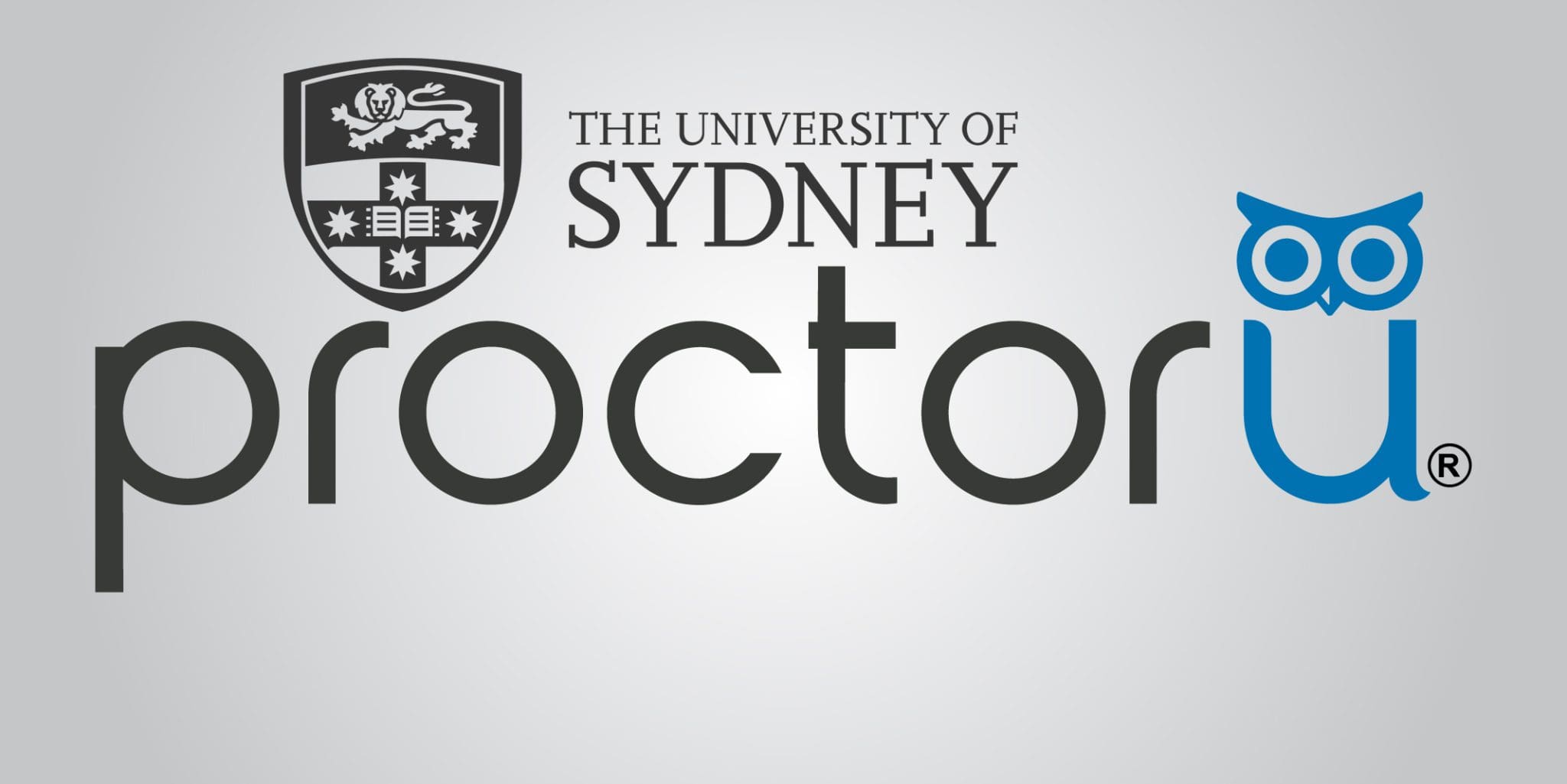The University of Sydney spent more than $2.5 million on ProctorU in 2020-2021 alone, documents obtained by Honi in 2022 reveal. For that amount of money, you’d hope it works.
Honi can reveal that the University is aware that ProctorU is not even effective for the purpose it is employed for: preventing breaches of academic integrity. Minutes from a 2022 Academic Board meeting acquired by Honi include quotes from the Office of Educational Integrity — the body tasked with preventing cheating in USyd assessments — saying that “it is very easy for students to avoid detection for using prohibited materials or other forms of cheating,” and “online invigilated exams [using ProctorU] are highly susceptible to integrity breaches.”
Data from the same meeting shows that less than one per cent of reports made by ProctorU result in academic misconduct findings.
The University has posited that there has been an explosion of academic misconduct cases throughout the pandemic and into 2022, necessitating the purchase of ProctorU software. In both the Academic Board meeting minutes and in a University comment to Honi, the University strongly emphasises the amount of reports by ProctorU and the amount of referrals to faculties and the Registrar resulting from those referrals.
In 2021, ProctorU made over 30,000 reports, leading to 829 referrals and 364 academic dishonesty outcomes. In 2022, ProctorU made 66,000 reports “leading to 2500 cases being referred to faculties and an additional 750+ referred to the Registrar as potential academic misconduct,” the University told Honi. Notably, they did not supply the amount of academic integrity findings made following the reports in 2022..
There are a number of problems with this. The first is the huge volume of ProctorU reports made to the University. The process of working through tens of thousands of automated reports, followed by thousands of cases referred to faculties, then hundreds of finalised reports to the Registrar, entails a substantial diversion of University resources. The University is now increasing the amount of staff involved in processing cases in 2023, it told Honi. In contrast, the Special Considerations department, which exists to help students access equitable treatment rather than punish them, is chronically understaffed and underfunded. The huge spend on ProctorU should also be contextualised alongside the University’s tiny pay offers to their staff in ongoing negotiations.
It is clear that ProctorU’s unreliable trigger-happiness affects students too. Hundreds of students are put through a process in which the actual rate of findings against them is low, even for those referred to the Registrar. This causes significant stress, given the potential consequences of such findings against students.
Perhaps our attention should be on the reason ProctorU generates so many unreliable detections, not just the consequences of it doing so. ProctorU’s high detection rate reflects the enormous privacy violation which ProctorU requires. ProctorU requires that students give up their personal information and data to offshore proctors, with no guarantee that information will be kept private. It also requires students to offer intimate glimpses of the home environments, another encroachment of their privacy.
The University of Sydney said in response, “thorough legal, cyber-security and capability analysis was undertaken before we entered into an arrangement with ProctorU, and we worked with the company and students to comprehensively address initial privacy concerns.”
But more generally, ProctorU is an enormous source of stress for students. Students’ Representative Council President Lia Perkins said, “ProctorU is detrimental to student privacy and safety — the SRC has always opposed ProctorU for this reason. The fact that ProctorU isn’t effective means that students are subject to untrue allegations — causing an immense amount of avoidable stress and harm. The University should honour the outcry of students against ProctorU, and focus on support for students doing exams, as well as consider alternative models of assessment.”
It appears that this stress is not an unfortunate by-product, but an inbuilt feature the University relies on. The Academic Integrity Office, while noting ProctorU’s poor ability to detect academic misconduct, said at last year’s Academic Board meeting, “there is some evidence that proctoring acts as a deterrent.”
The question then is why the University needs to rely on such an invasive product, if it only serves to deter students. Other methods: including changing the way that assessments are crafted or supporting students struggling with mental health, language skills or other difficulties which make sitting exams difficult are equally effective.
The University said that, “there are myriad reasons why students might engage in academic misconduct. We take a holistic approach to addressing academic misconduct.”
Aside from these serious harms of ProctorU, it has also just not worked in other cases. A data breach in 2020 led to hackers taking the data of 440,000 ProctorU users, including staff at the University of Sydney. Later that year, seven exam sessions at USyd were plagued by connection issues, preventing students from sitting already delayed exams. Students had to re-sit those exams, an experience which was incredibly stressful for many. This problem recurred in mid-2021, with at least 56 exams affected this time. Again, students were left stressed over a problem so unnecessary and so out of their control. These problems were made worse by ProctorU’s failure to quickly remedy the situation. The queue for assistance by ProctorU was in the hundreds in the 2021 case, meaning students’ stress was prolonged by a company the University was paying millions for its services.
ProctorU seems to be on its last legs at USyd: it will be used only for international students who cannot return to Australia this year. It is a punitive and invasive waste of money. It has been since the beginning.
Additional reporting by Khanh Tran.





